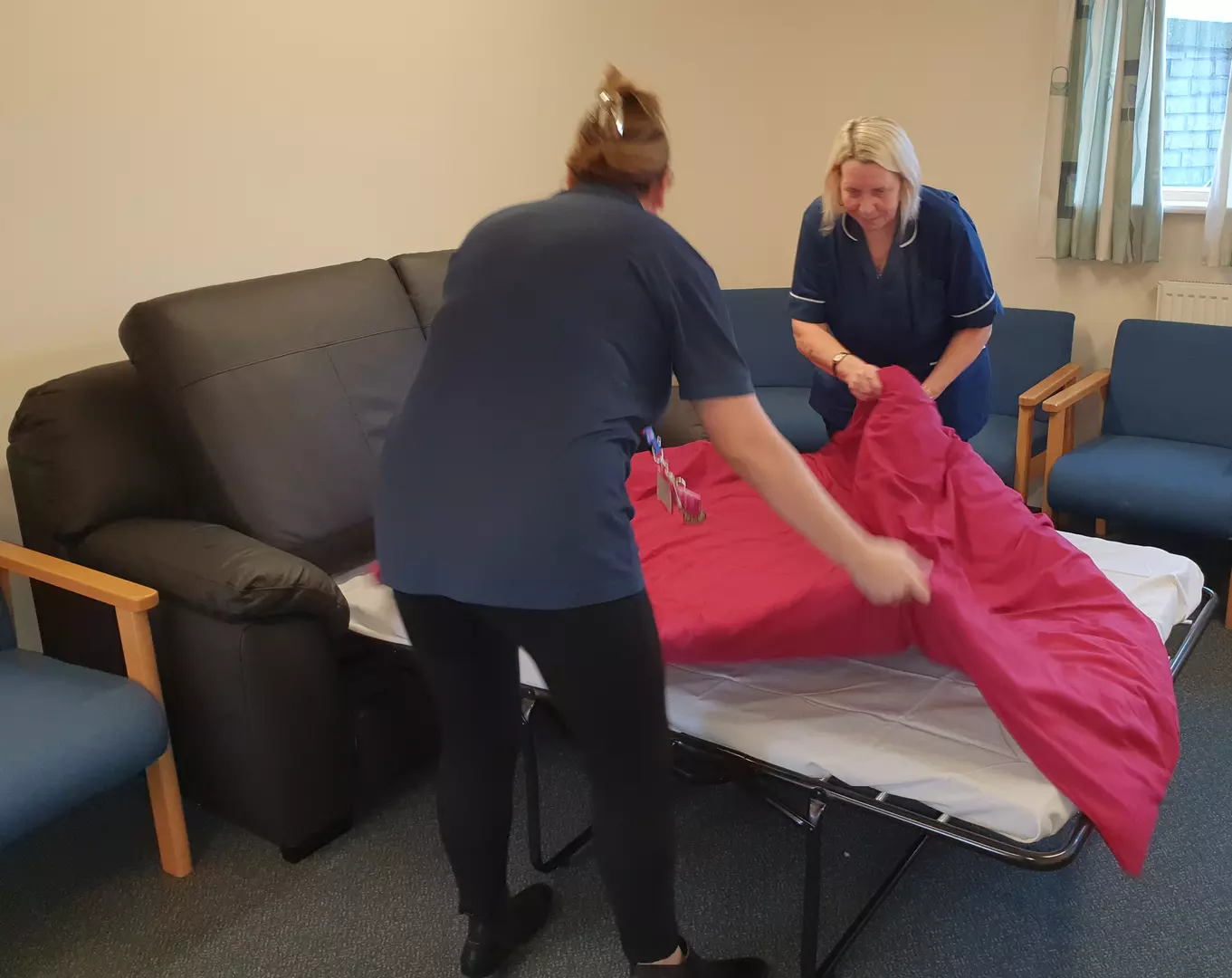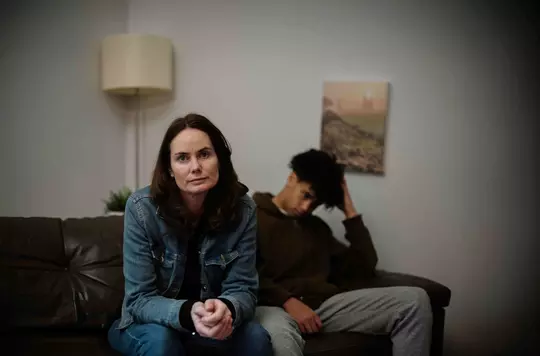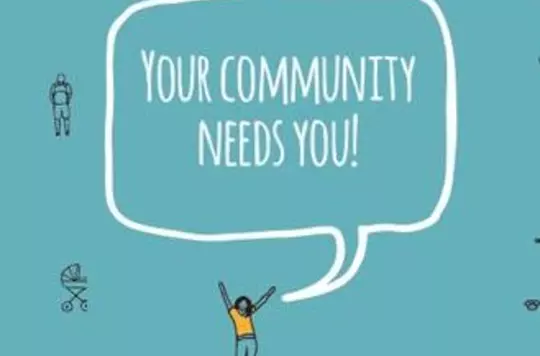Salvation Army steps up emergency shelter provision for Storm Ciara
published on 16 Mar 2020

A series of Salvation Army ‘pop-up’ shelters are braced to open their doors to protect homeless people from Storm Ciara as the Met Office warns people to keep indoors to stay safe from the expected 80-mph winds.
The Salvation Army’s move is in response to a national warning system known as the Severe Weather Emergency Protocol. This is triggered when temperatures drop to dangerous levels* or weather conditions deteriorate drastically – making it extremely treacherous for people to be without shelter.
Across the British Isles, when cold or extreme weather hits, there are more than 250 SWEP spaces available in churches and Salvation Army Lifehouses (hostels) so that rough sleepers can find a safe, warm place to stay for the night. As well as this, 25 of its churches will be running night shelters which offer beds to homeless people whatever the weather.
The Salvation Army’s Assistant Director for Homelessness, Malcolm Page, said: “Our ‘pop-up’ shelters offer an extra layer of protection to rough sleepers – a safe warm space to shelter can be the difference between life and death at this time of year. On the streets they are extremely vulnerable and risk death due to exposure to harsh weather conditions. Rough-sleepers face multiple challenges in their lives – such as domestic violence, mental ill health, childhood trauma or addiction– that led to them losing their home. A place in a shelter can be the first step towards tackling these issues.
“The Met Office is warning people to stay inside and to not shelter or walk close to buildings and trees. When you are without a home, this is impossible. Finding a safe shelter can be tough whatever the weather but even more so when extreme weather hits. The Salvation Army stands ready to offer protection in the storm.”
Jill volunteers with her husband John on Thursday nights at The Salvation Army’s night shelter in Nuneaton and at its year-round drop-in service for rough-sleepers and those feeling isolated. (The night shelter operates from other churches in the town across the whole week.)
The night shelter began after Salvation Army volunteers felt they couldn’t ask people to go back out onto the streets in very extreme weather after the drop-in closed at 8 pm.
Jill said: “Our guests are the same age as our children and grandchildren and need a lot more care than we can give them. We encourage all our guests to seek housing support.
“One man in his fifties, who had been a builder, came to stay at the night shelter. My husband nagged him to go and get housing help and he has now moved into a new home with support available. His story could be the same for anyone - he had a bad accident and wasn’t able to work. His relationship broke down and he was homeless for a year.
“Two of our volunteers were previous guests of the night shelter. One of them now walks dogs for a living and has held onto his home.”
Malcolm Page added: “While we are braced to offer emergency support in addition to our network of temporary night shelters, we know that rough sleeping has increased by 165 per cent since 2010 and a temporary shelter alone cannot tackle homelessness in our towns and cities. The Salvation Army offers housing all year-round where people can access support that helps them tackle the challenges in their lives that led to them becoming homeless so that they don’t get caught in an endless cycle of sleeping on the streets. We are urging the Government to recognise that increased support such as this is needed to reverse the climbing numbers of rough sleepers.”
The Salvation Army is calling for the Government to:
• Make eliminating rough sleeping by 2024 a priority as set out in their manifesto, an even more ambitious target than the previous Government’s commitment to end rough sleeping by 2027.
• Invest in supported housing which provides a home but also services to tackle the root causes of homelessness which can be anything from poor mental health to chronic illness or addiction.
• Provide targeted investment so local authorities properly fund localised support for homelessness.

Homelessness
Find out more about what we do, and how you can help us break the cycle of homelessness.

Donate
Help us be there to support the most vulnerable members of society.

Volunteering
Find out how you can contribute to your local community by volunteering with us.